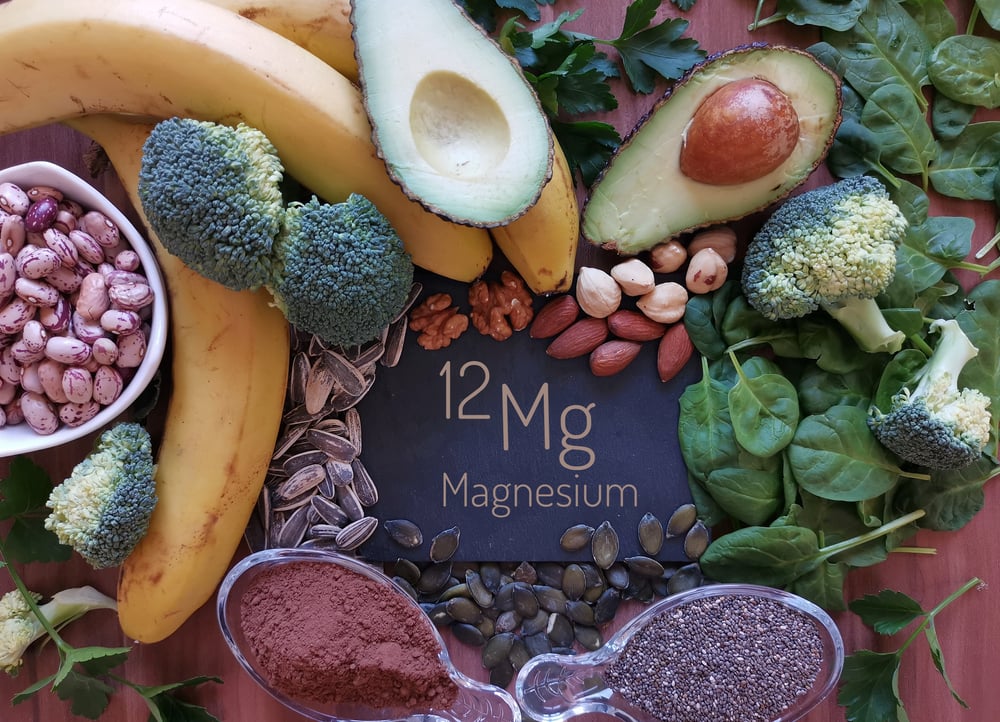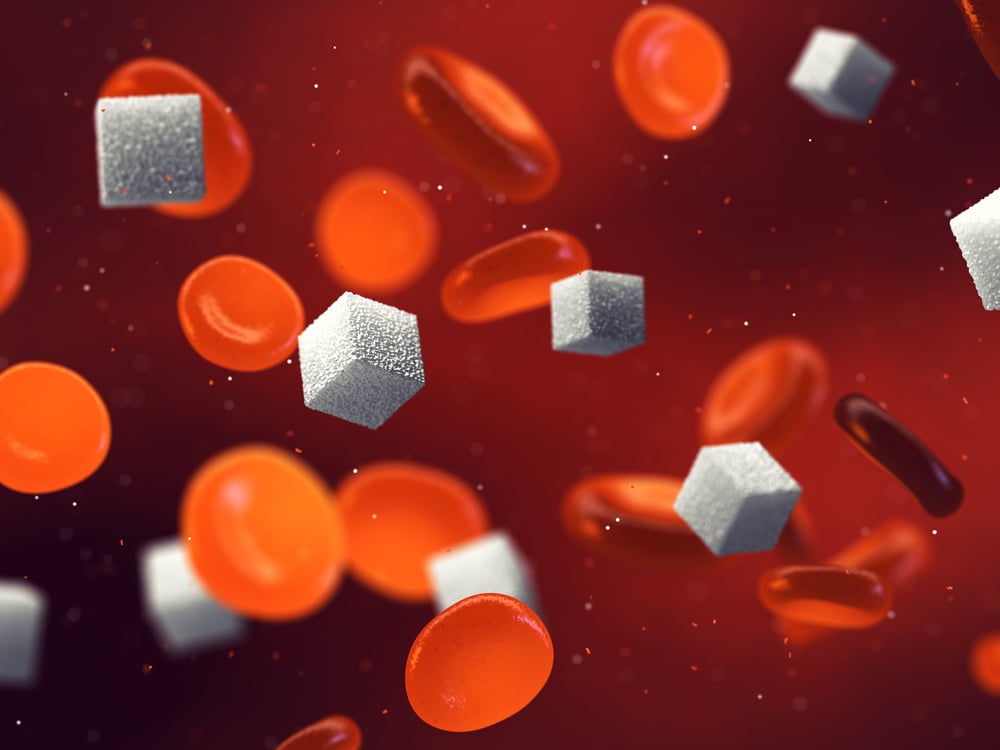Introduction
Bell peppers are a type of Capsicum annuum. They are fruits that are utilized in cuisines all over the world as vegetables. Bell peppers are low in calories but are a good source of vitamins A and C. They also contain dietary fiber and folic acid.
The following article will explore the nutritional benefits of bell peppers in depth. It will discuss the vitamin and mineral content of bell peppers, as well as their potential health benefits.
Nutritional content of bell peppers
Bell peppers are a popular type of vegetable that are often used in cooking. They are a good source of vitamins and minerals, and they can be eaten raw, cooked, or roasted. Bell peppers come in a variety of colors, including green, red, yellow, and orange.
Bell peppers are a good source of vitamins A, C, and B6. They also contain potassium, folic acid, and fiber. One cup of chopped bell pepper has about:
- 66 calories
- 0 grams of fat
- 0 grams of saturated fat
- 15 grams of carbohydrates
- 9 grams of sugar
- 3 grams of fiber
- 2 grams of protein
Bell peppers are a healthy addition to any diet. They can be eaten raw, cooked, or roasted.
Health benefits of bell peppers
Bell peppers are a healthy and flavorful addition to any meal. They are low in calories and fat, and a good source of vitamins A, C, and B6.Bell peppers are also a good source of fiber and folic acid. Folic acid is a nutrient that is important for pregnant women to take, as it can help prevent certain birth defects.
Bell peppers are typically red, green, or yellow in color. All three colors of bell peppers contain the same nutrients, so feel free to choose your favorite color. You can add bell peppers to salads, soups, stews, pasta dishes, pizzas, and more. Or, you can simply enjoy them as a healthy snack.
Ways to incorporate bell peppers into your die
Bell peppers are a type of vegetable that can be incorporated into your diet in many different ways. You can eat them raw, cooked, or in a variety of dishes.
Here are some ideas on how to incorporate bell peppers into your diet:
- Add bell peppers to your salad.
- Make a bell pepper omelette for breakfast.
- Cut up bell peppers and dip them in hummus or peanut butter as a snack.
- Add bell peppers to your stir-fry or pasta dish.
- Make roasted bell peppers as a side dish.
As you can see, there are many different ways to include bell peppers in your diet. So if you are looking for a way to add more vegetables to your diet, consider incorporating bell peppers into your meals and snacks.
Conclusion
Bell peppers are a nutritious addition to any diet. They are low in calories and fat, and they are a good source of vitamins A, C, and B6. They also contain antioxidants, which can help protect against cell damage. Eat bell peppers raw, cooked, or in a salad to reap the nutritional benefits.












